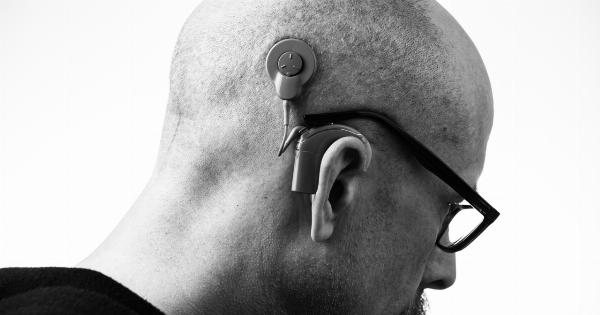Hearing loss can have a profound impact on one’s quality of life. It can impede communication, affect relationships, and even hinder professional growth.
While there are measures one can take to prevent hearing loss, such as avoiding loud noises and wearing protective gear in noisy environments, accidents can still happen. That’s why it’s crucial to have comprehensive insurance coverage to protect your hearing and ensure you receive the necessary support if an unfortunate event occurs.
Understanding Comprehensive Insurance Coverage
Comprehensive insurance coverage aims to safeguard you from a wide range of risks and scenarios. This type of insurance policy provides financial protection in case of unexpected events that may lead to hearing loss or damage.
By having comprehensive insurance for your hearing, you can access the necessary resources and services to mitigate the impact of such incidents on your daily life.
The Importance of Comprehensive Insurance for Hearing
Given the increasing prevalence of hearing loss, having comprehensive insurance coverage for your hearing is crucial. Here are some key reasons why it should be a priority:.
1. Accidental Damage
Hearing loss can result from accidents, such as falls, sports injuries, or even simple mishaps.
Comprehensive insurance coverage ensures that you are financially protected in case of accidental damage to your hearing, enabling you to receive appropriate medical attention and support.
2. Occupational Hazards
Some professions expose individuals to high levels of noise on a regular basis, increasing the risk of hearing loss.
Comprehensive insurance coverage can help alleviate the financial burden related to occupational hazards, including expenses for medical treatment, hearing aids, and rehabilitation services.
3. Age-Related Hearing Loss
Hearing loss is a common condition that occurs naturally as people age. Comprehensive insurance coverage can assist in managing the costs associated with age-related hearing loss, including hearing aids, consultations, and specialized care.
4. Coverage for Hearing Aids and Assistive Devices
Comprehensive insurance provides coverage for hearing aids and other assistive devices that are vital for individuals with hearing loss.
These devices can be expensive, and insurance coverage ensures that you have access to the latest technology without straining your finances.
5. Rehabilitation Services
Recovering from hearing loss often involves rehabilitation services, such as speech therapy and auditory training.
Comprehensive insurance coverage ensures that you can receive these essential services to improve your communication abilities and overall well-being.
6. Financial Support for Hearing Loss Treatment
Treatment for hearing loss can be costly, especially if it involves surgical procedures or advanced interventions.
Comprehensive insurance coverage mitigates the financial burden associated with hearing loss treatment, allowing you to focus on your recovery without worrying about the expenses.
7. Peace of Mind
Comprehensive insurance coverage provides peace of mind, knowing that you are protected in case of unexpected hearing loss or damage.
It eliminates the fear and anxiety of facing the financial consequences of such incidents and allows you to focus on leading a fulfilling life.
Choosing the Right Comprehensive Insurance Plan
When selecting a comprehensive insurance plan for hearing coverage, consider the following factors:.
1. Coverage Details
Review the insurance policy to understand the scope of coverage, including the range of services, devices, and treatments included.
Ensure that the policy meets your specific needs, whether it be for accident-related hearing loss, occupational hazards, or age-related hearing issues.
2. Network of Providers
Determine if the insurance plan has a broad network of healthcare providers, including audiologists, hearing specialists, and rehabilitation centers.
Having access to a wide range of professionals ensures that you can receive the best possible care without limitations.
3. Cost and Premiums
Consider the cost of the insurance plan and the associated premiums. Compare different options to find a policy that offers comprehensive coverage at an affordable price.
It’s essential to strike a balance between affordability and the extent of coverage.
4. Deductibles and Reimbursement
Familiarize yourself with the deductibles and reimbursement processes of the insurance plan. Understand the out-of-pocket expenses you may incur and the reimbursement procedure for claims related to hearing loss treatment, devices, and services.
5. Terms and Conditions
Thoroughly read and understand the terms and conditions of the insurance policy. Pay attention to any limitations, exclusions, or waiting periods that may apply.
Being aware of these details ensures that you are not caught off guard when you need to use the insurance coverage.
Conclusion
Protecting your hearing with comprehensive insurance coverage is an essential step towards ensuring your long-term well-being.
By securing comprehensive insurance for your hearing, you can enhance your peace of mind, minimize financial burdens, and receive the necessary support and services to overcome any hearing loss challenges that might arise. Take the time to assess different insurance plans and choose one that aligns with your specific needs, giving you the confidence and security you deserve.


























